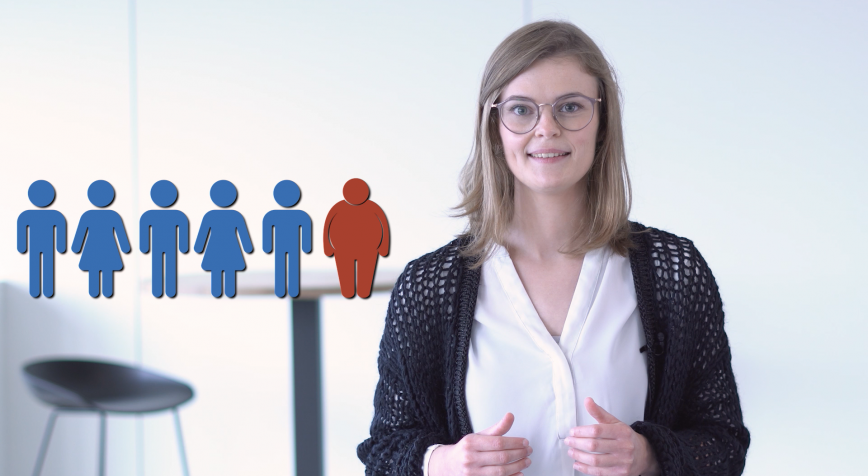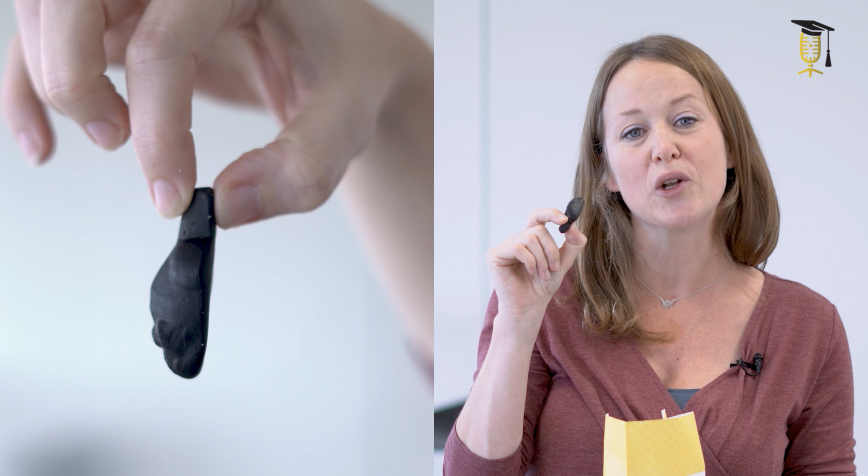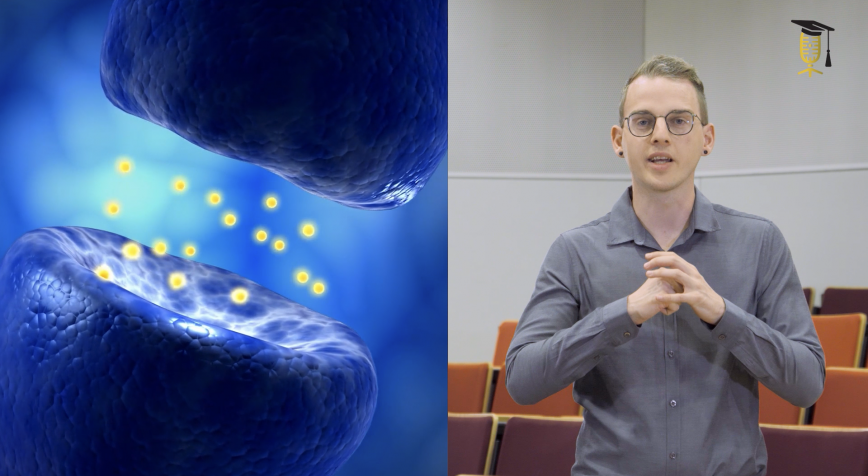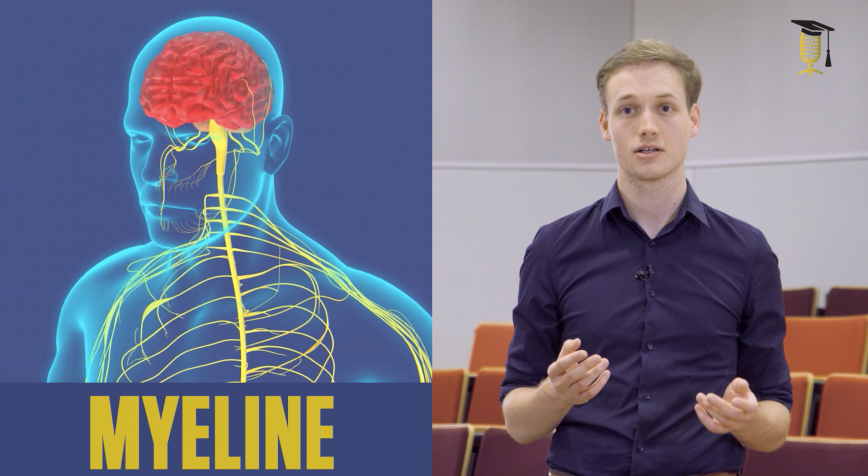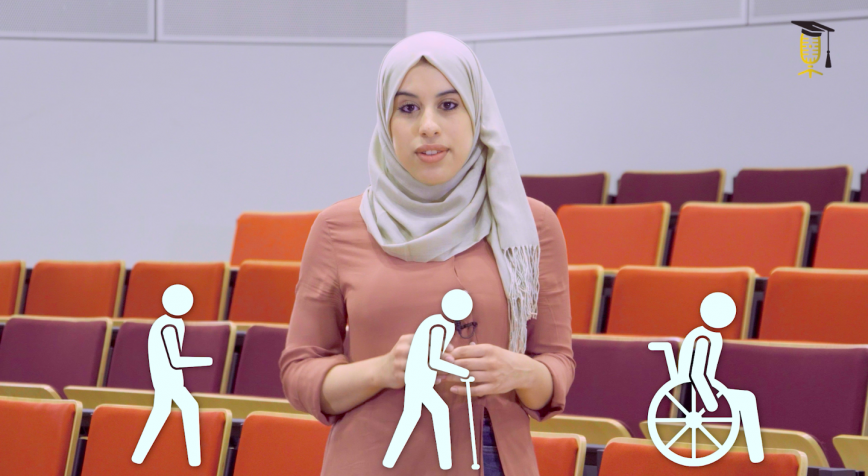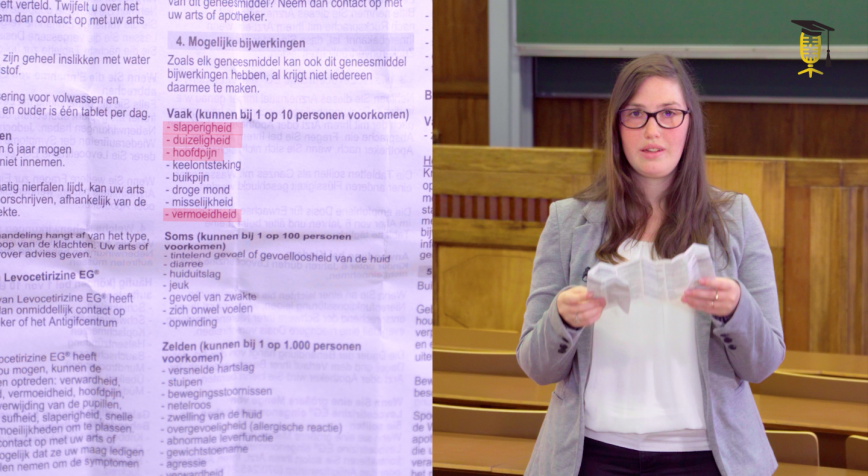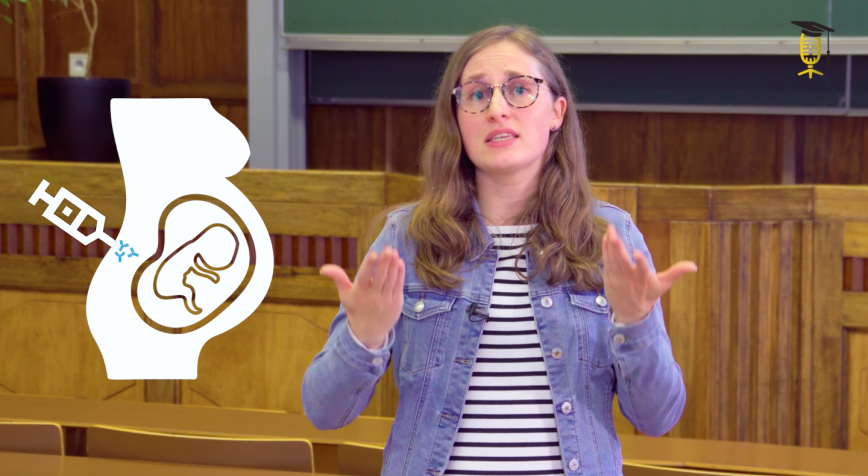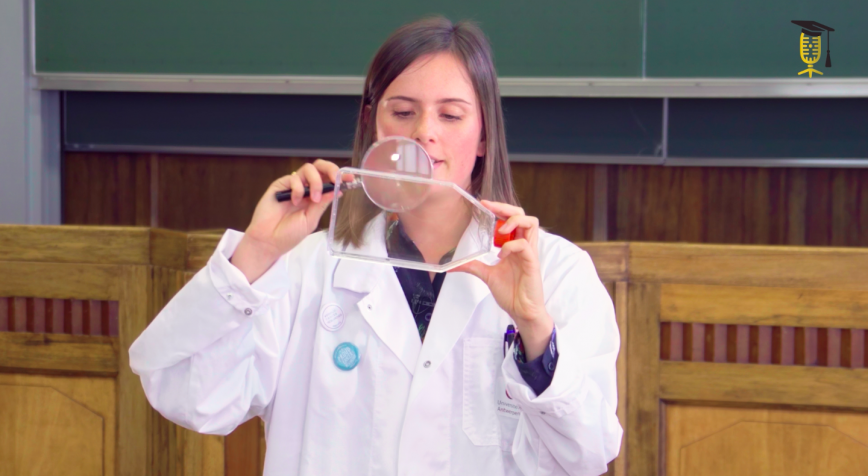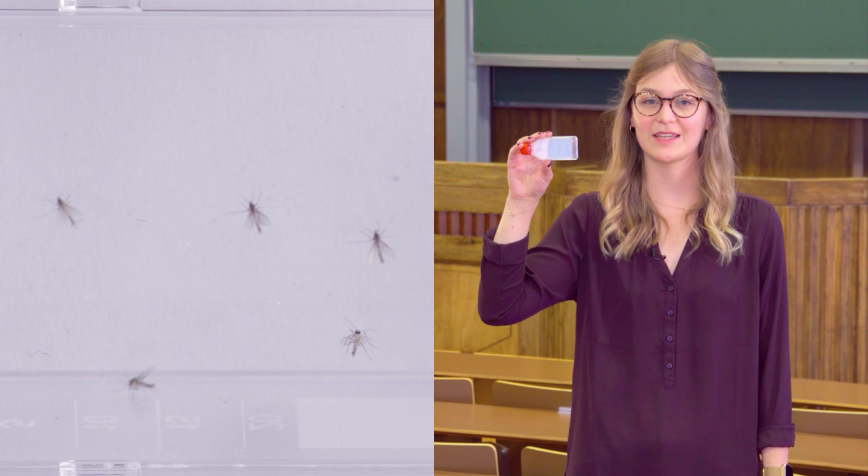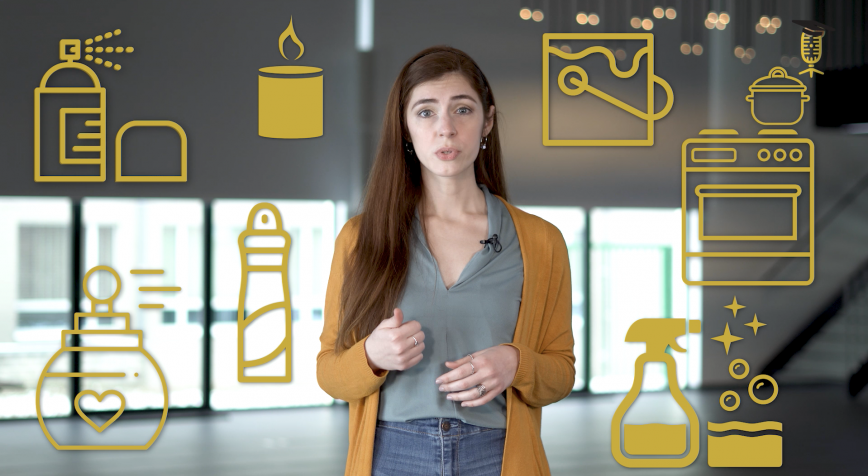
UGent
VITO
How to ensure a healthy indoor air?
The COVID-19 pandemic has increased awareness about the importance of indoor ventilation. But measuring indoor air quality and ventilation rates often requires eco-unfriendly substances or complex and expensive equipment. Luckily, Sarah Lima Paralovo (Universiteit Gent - VITO) is developing a simple method to measure ventilation rates.
